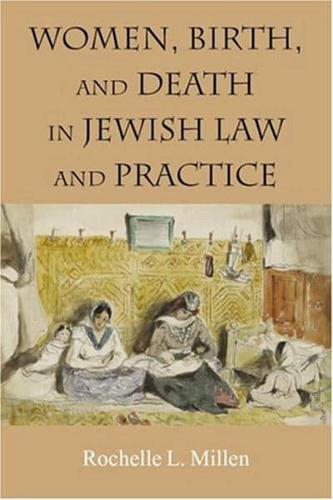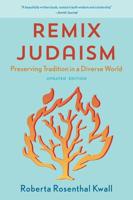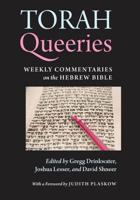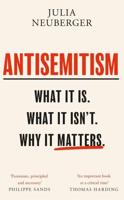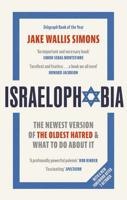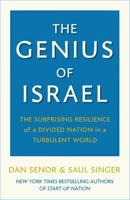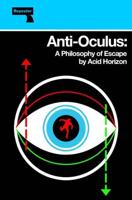Publisher's Synopsis
The past twenty-five years have seen the development of rich literature on Judaism and feminism. Some studies have examined rituals related to the feminine within a religious context; others have read rabbinic sources through feminist lenses. Most recently, scholars have had a heightened interest in the life experiences that help define the identity of a woman as female. These uniquely female aspects of human development assume special significance when they are put in the context of the Jewish life-cycle and the underlying issues of feminism that impact upon them. Rochelle Millen's book, a crucial addition to this literature, explores how Jewish tradition perceives and treats rituals surrounding birth and death, particularly as they pertain to women's development. Following a substantial introduction in which she discusses her methodology and lays out key themes, Millen turns in Part I to birth contraception and birth control, fertility, and celebrating the birth of a daughter (the ritual of Simhat bat). Part II comprises chapters on the kaddish, or the memorial prayer for the dead, and the funeral. Each chapter begins with an elegant synthesis of rabbincal views on the role of women in the ritual under scrutiny. Millen draws on halakhic literature from modern Orthodox, Conservative, and Reform Judaism, with sensitivity to the different guidelines given to diverse communities within distinct historical periods. Following this overview, she richly contextualizes the legal debates by raising questions about gender and sexuality and through exploring the public/private nexus and community/autonomy dialectic as understood by different Jewish denominations. As Millen points out, it is the intersection of these "four polarities" within religious and halakhic Judaism that poses a profound challenge to women's roles in Judaism and also to the very vitality of Judaism itself. A brief epilogue illuminates the contemporary challenge for all Jewish denominations to integrate Jewish women into these primary life-cycle rituals. Combining personal, legal, philosophical, and feminist critiques, this volume not only analyzes the rites of birth and death-their components and traditional meanings-but also explores new, halakhically-sanctioned forms of celebration and commemoration for contemporary Jewish women.
